BIPOC Female Founders & 4 Success Stories
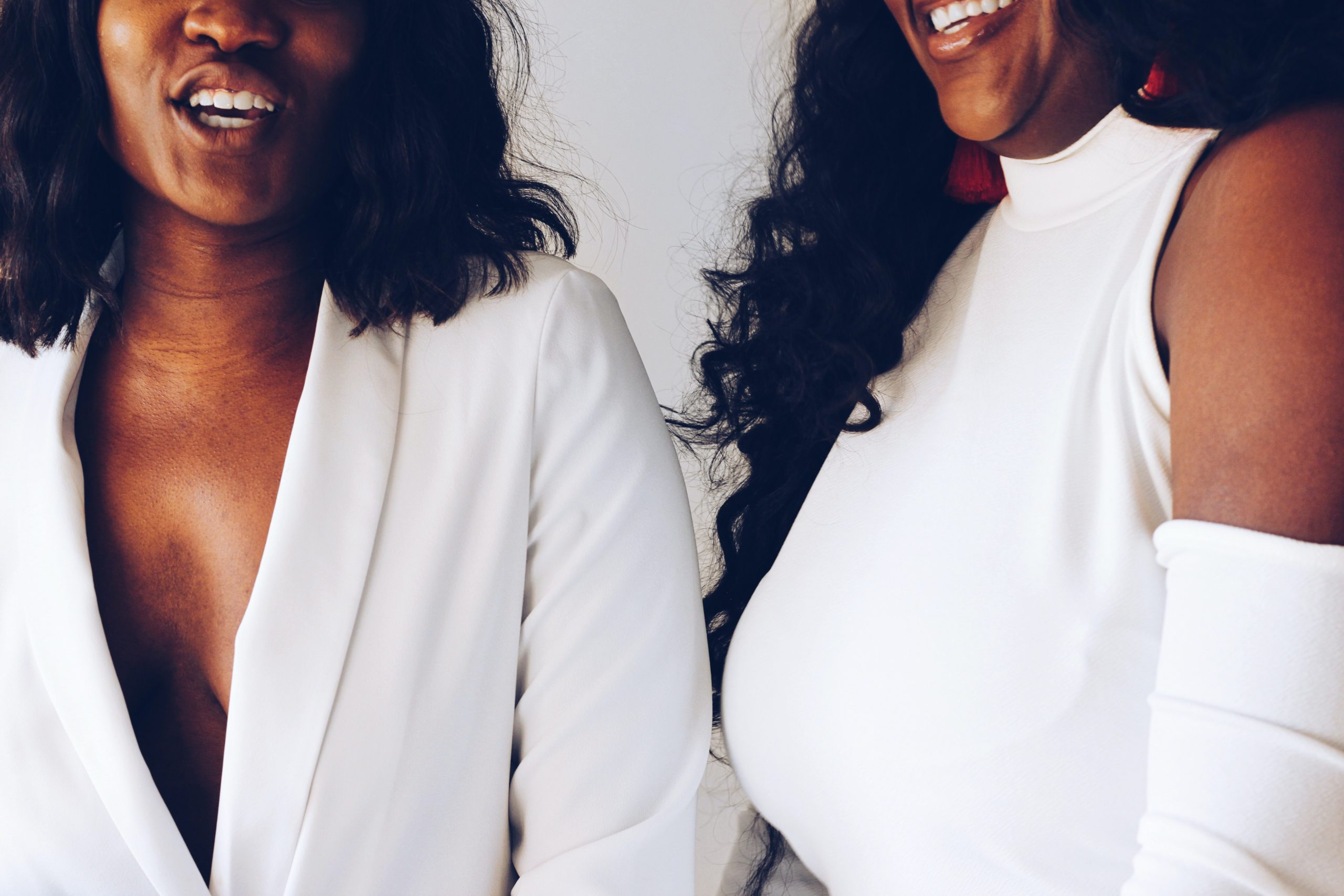
We at Female Founder Space have made it our mission to empower women across all ethnicities, nationalities, religions and cultures. We want to introduce you to four BIPOC female founders who have confronted gender-based and ethnicity based inequalities. They do so by empowering women from underrepresented communities. By sharing their stories we want to celebrate their success. At the same time, we want to draw your attention to the profound inequalities experienced by female founders of different ethnicities.
commonly have less access to higher education than their white counterparts. They are also more limited in their access to business networks and resources.
What obstacles do BIPOC female founders currently face?
BIPOC female founders commonly have less access to higher education than their white counterparts and are also more limited in their access to business networks and resources. At most UK universities there is a BIPOC attainment gap. In 2017 it was as high as 34% at the University of Oxford and as high as 22% at the London School of Economics in 2017.
Furthermore, in the US, discriminatory public policies, rooted in the era of slavery, reinforce the image of black women as workers and caretakers. As a result, black women receive significantly less governmental support than white women and are generally more likely to be employed in low-wage jobs involving cooking, cleaning and caregiving.
What is the result of this inequity?
This results in BIPOC female founders being likely to be less financially stable, which limits them in funding their own startups. Furthermore, minority female founders may struggle to secure external funding due to prejudices and biases in loan lending decisions. Since funding is absolutely essential to kickstart any startup, such obstacles immensely constrain the potential of BIPOC female founders.
Nonetheless, an article by Fast Company revealed that in the US minority female entrepreneurs generate an astonishing amount of 422.5 billion dollars in revenue for the national economy. In addition to that, women of colour are starting new businesses faster than anyone else, accounting for 89% (1,625) of new businesses opened over the past year.
Furthermore, we gathered 4 stories of BIPOC female founders you should know about!
Ayah Bdeir - littleBits
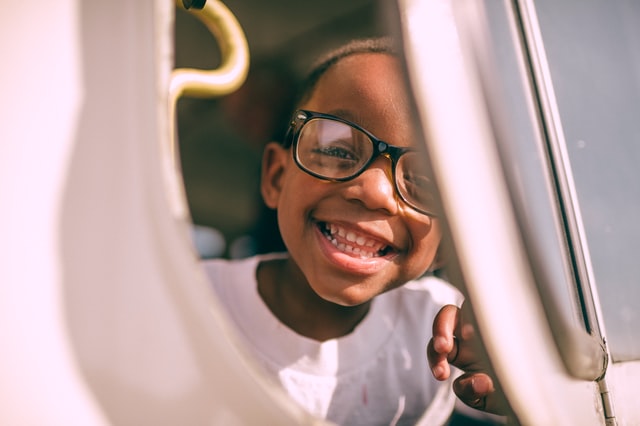
One remarkably successful founder is Ayah Bdeir, who founded the NYC based startup littleBits, which produces modular electronics and small magnets for prototyping. Little bits aims to democratise STEM education by making it accessible to children from less fortunate backgrounds and underrepresented communities.
By educating children about hardware in a creative and playful way, Ayah wants to inspire young people to become inventors and STEM entrepreneurs.
Zim Ugochukwu - Travel Noire

Ade Hassan - Nubian Skin
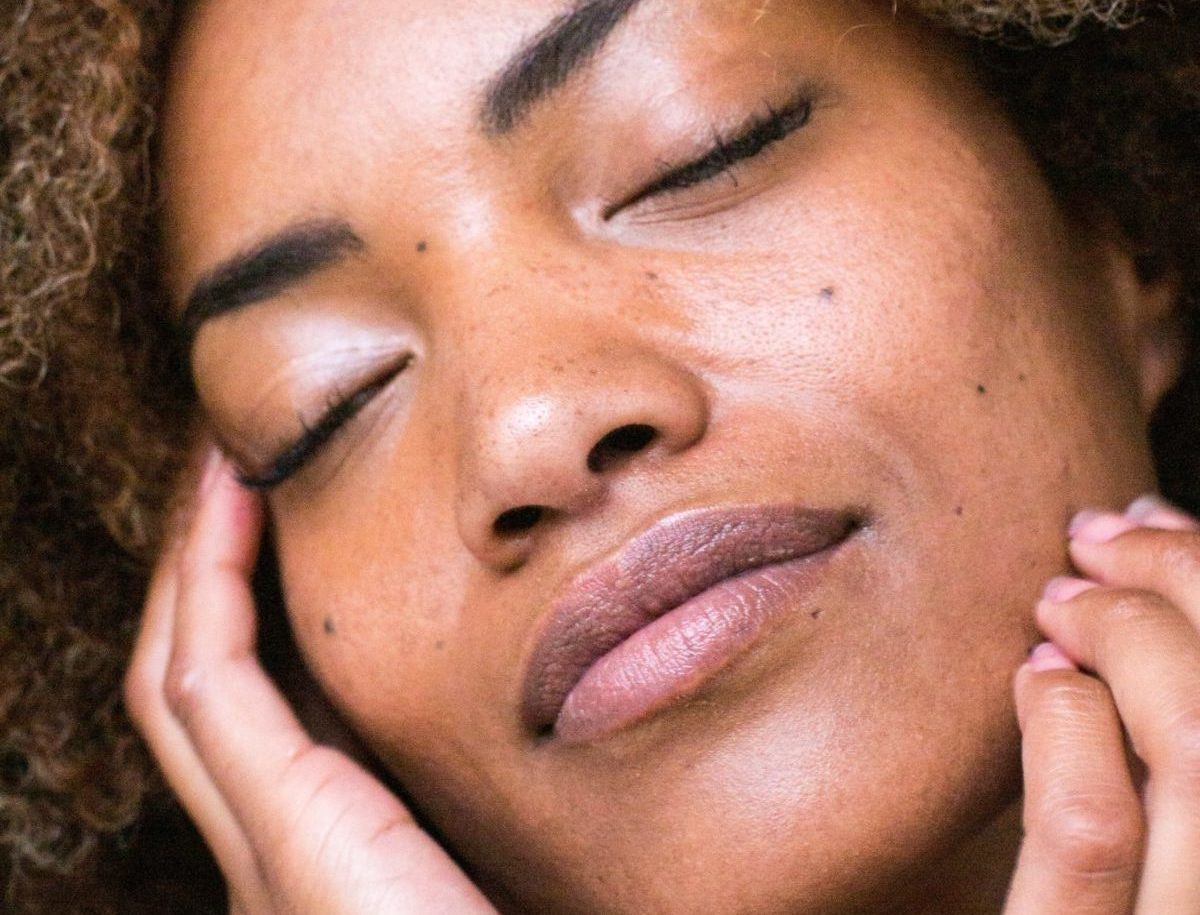
In 2014 Ade Hassan founded Nubian Skin to empower women of colour by encouraging them to embrace their diversity and skin colour. Nubian Skin has made a long-lasting impact on the fashion industry by redefining industry standards of the shade “nude”. For decades the retail and beauty industry has falsely equated “nude” with a light beige tone, making it highly challenging for women of colour to find suitable underwear, shoes and beauty products. Frustrated at this underrepresentation, Ade decided it was time to introduce a “different kind of nude.”
Kimberly Bryant - Black Girls Code
In 2011 Kimberly Bryant founded the non-profit organisation Black Girls Code. She did so to address the digital divide between White and African American households in their access to the internet and home technology. She also wanted to enhance the job prospects of underprivileged girls from ages 7-17.
Black Girls Code provides education in computer science, coding and game design.
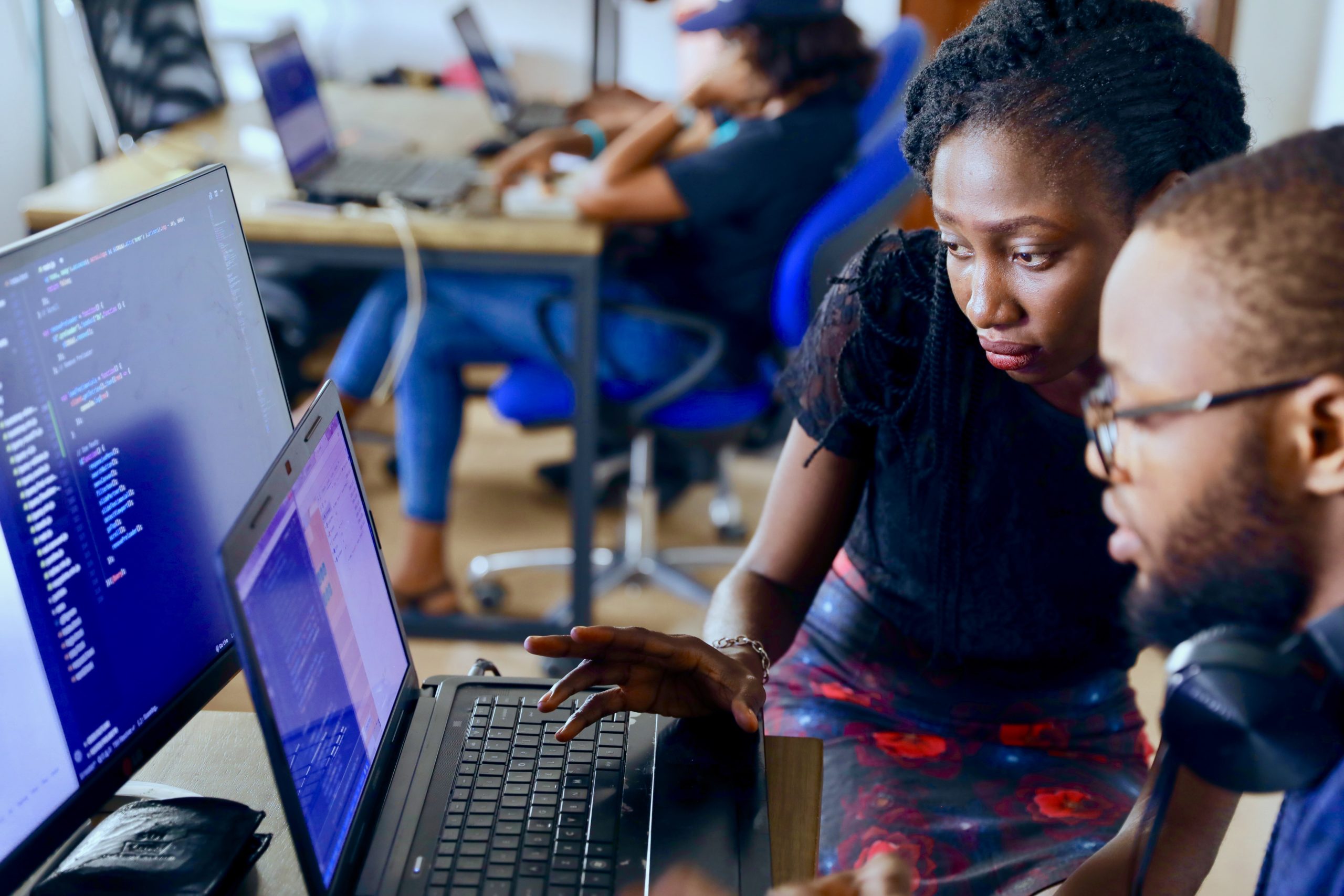
The long-term mission of Black Girls Code is to give women of colour the opportunity to work in the digital sector and fill some of the 1.4 million computing jobs set to open in 2020 in the US. Beyond that Kimberly Bryant wants to empower young girls to become leaders in their communities, and innovators and researchers in the male-dominated STEM field.
4 things you can you do right now to support BIPOC Female Founders
- Keep the discussion going by sharing these powerful stories with your friends, family, colleagues and online community.
- Be vocal about the obstacles minority female entrepreneurs face and openly address inequalities.
- Purchase products from BIPOC owned businesses to help them grow.
- Stay updated and discover more inspiring stories by following Afro Tech, Blavity INC, Black Entrepreneur Network and Black Women Talk Tech on Instagram.
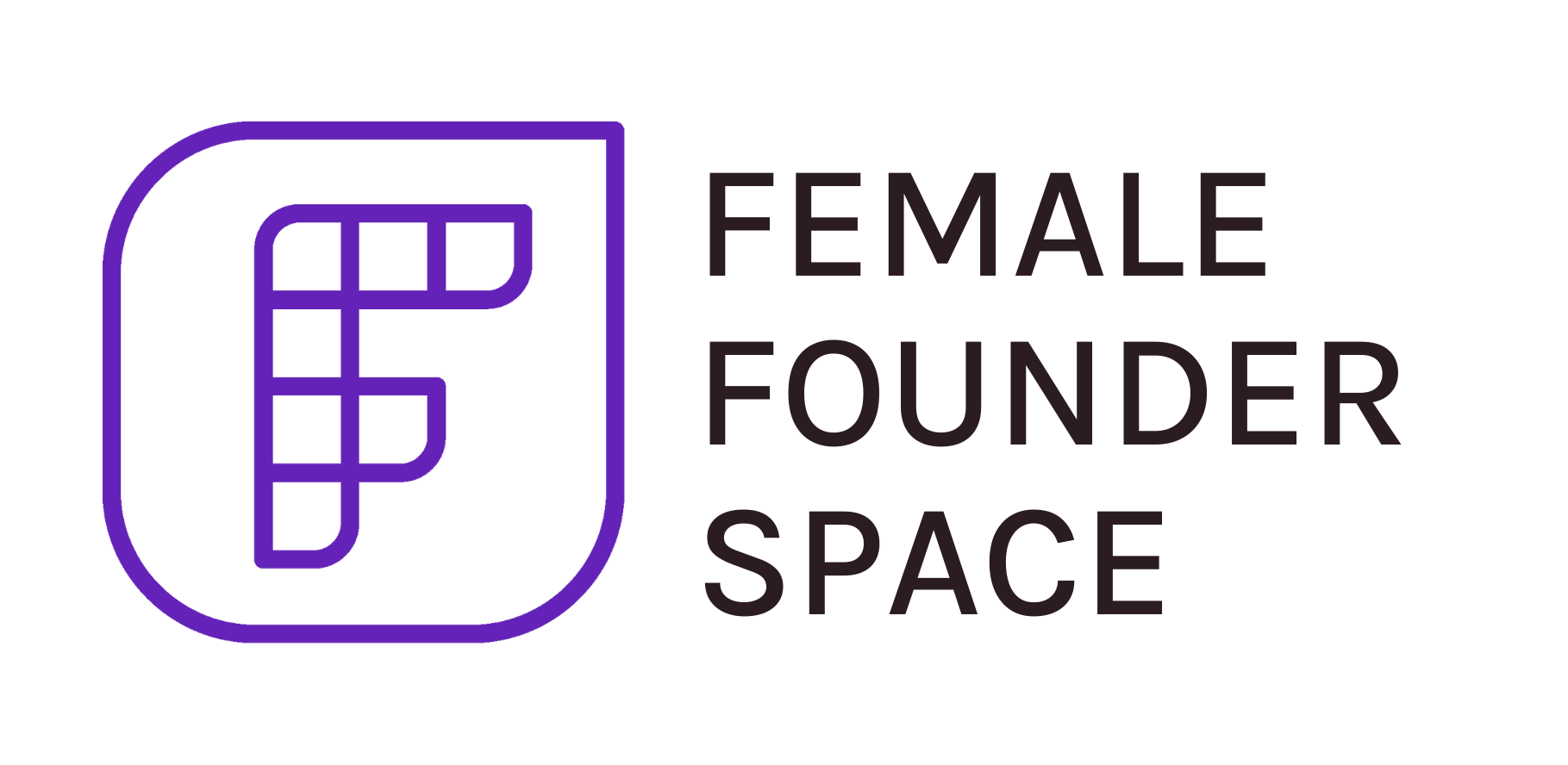
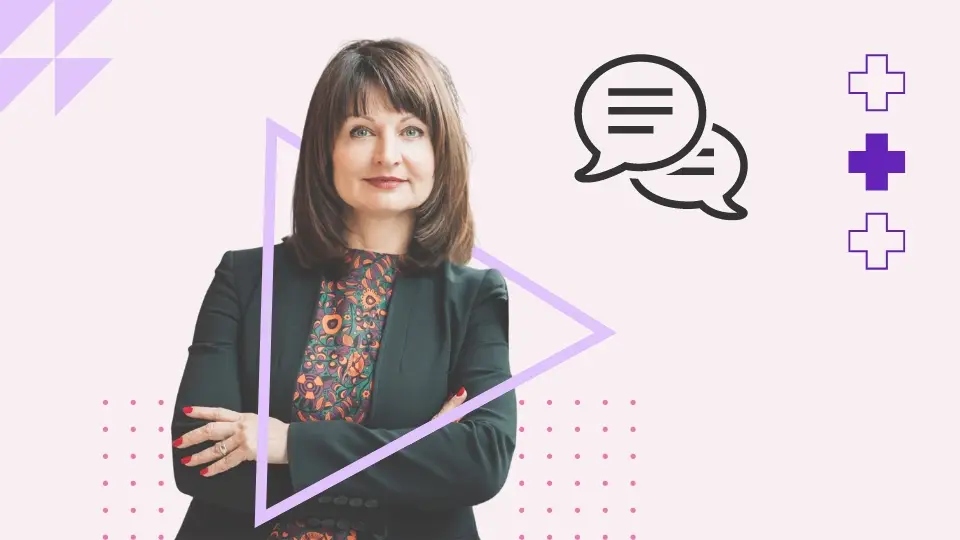


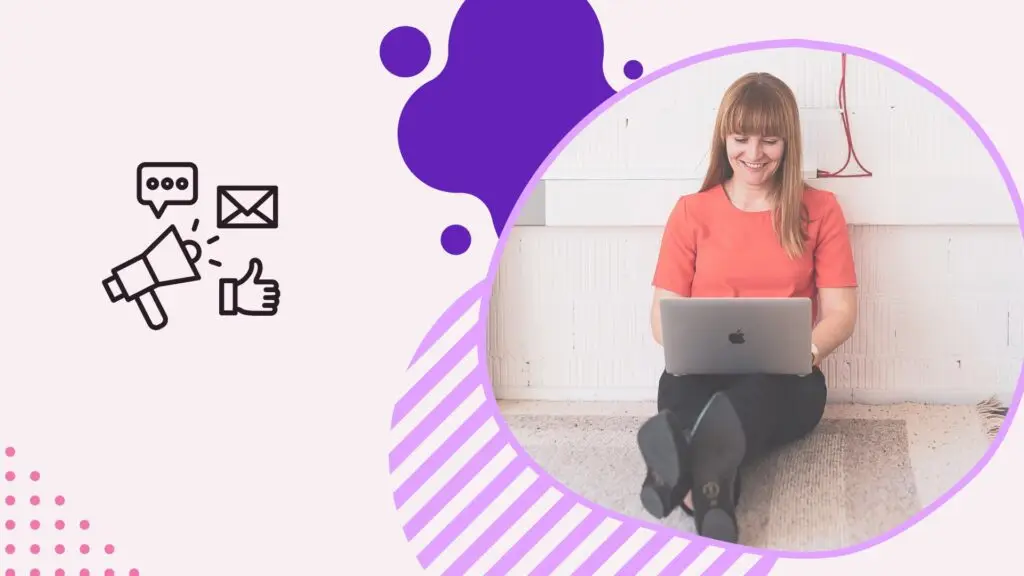

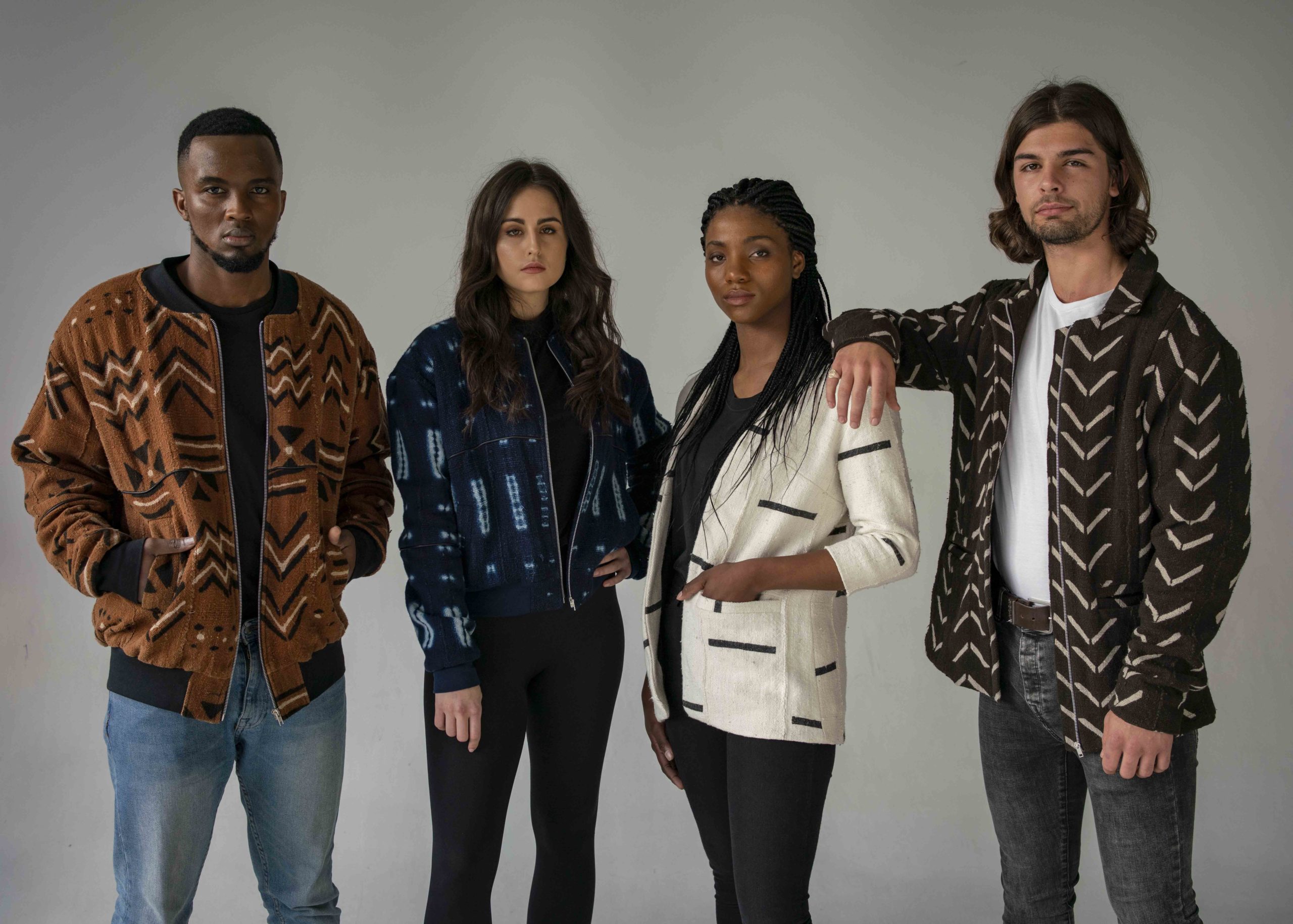

Responses